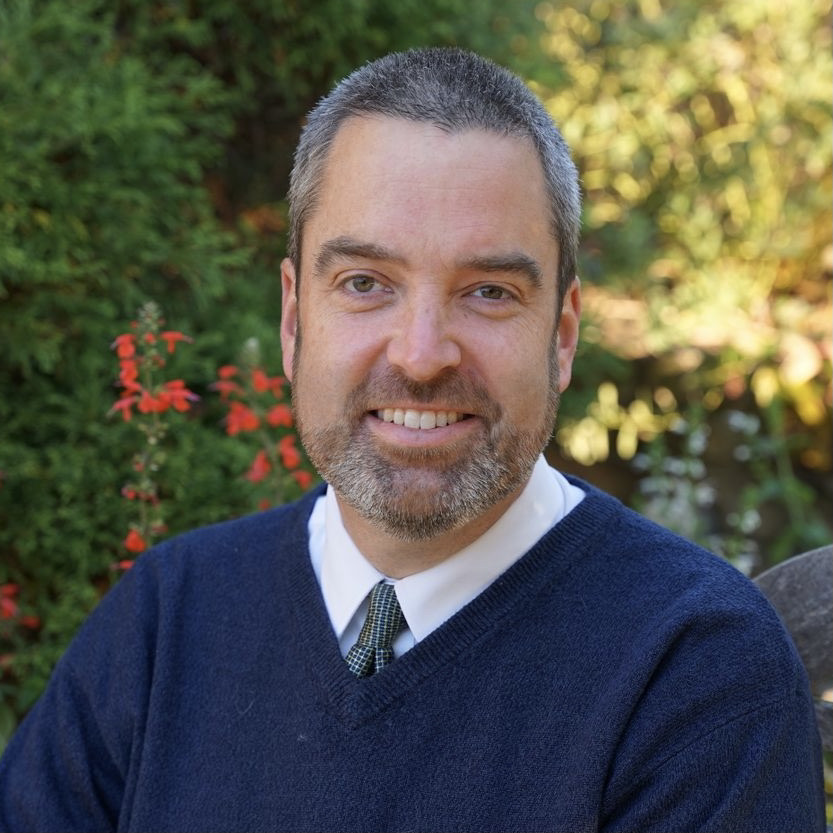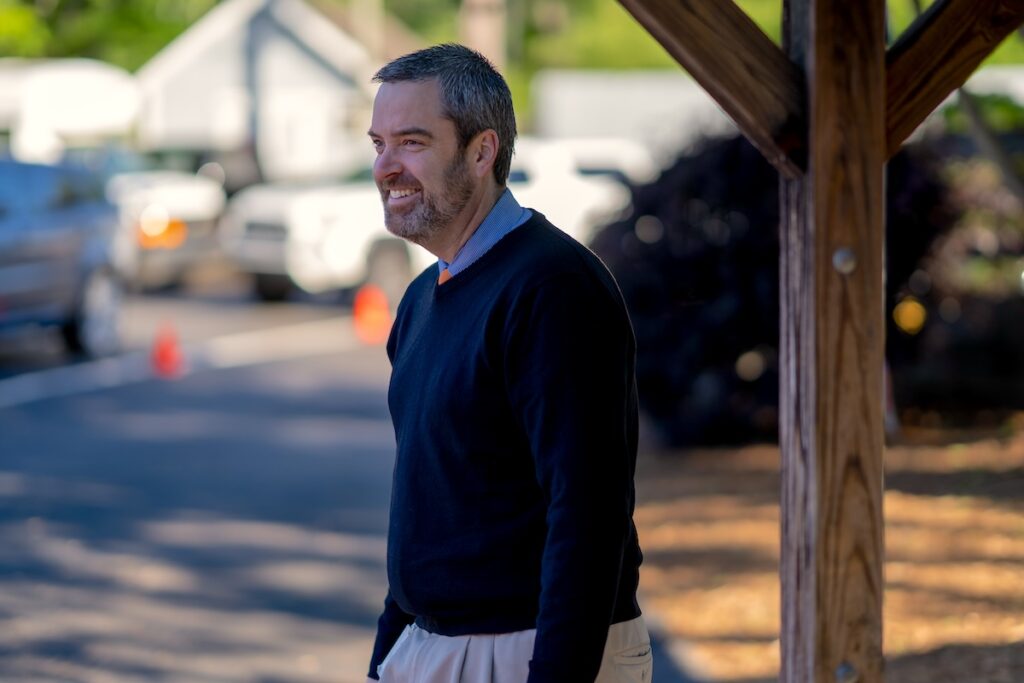What do teachers wish parents knew? Five things they may not tell you, but really want you to know.
BY TIM TINNESZ
When raising and teaching children, the stakes are high. There are often moments when a teacher wishes a parent held a different perspective, but concerns about conflict or appearing judgmental might prevent honest feedback. I’ve asked my colleagues for their candid, unfiltered advice to parents. Here are five favorites for you to consider- two “big picture” tips and three “daily details.”
BIG PICTURE TIP NO. 1:
We want students to be joyful as much as possible, but being unhappy is OK–and sometimes necessary.
In childhood’s difficult moments–such as dealing with academic struggles, the loss of a friendship or getting cut from a sports team–it sometimes becomes a top goal for parents to do whatever it takes to make their child happy ASAP, rather than take on the harder and more important job of helping their child with self-reflection and growth. A child’s natural first instinct is often to blame others–the “bad” teacher, “mean” student or “uncaring” coach–for his or her unhappiness. But parents must lovingly help their child navigate those moments, identify any areas for personal responsibility and move beyond blame.
On a related front, sometimes unpleasant natural consequences are the best way to learn for the long term– even though it’s painful in the short term. For example, rather than a parent delivering forgotten homework to school (or emailing the teacher to ask for an extension), it’s best to let the student earn the lower grade, make plans with the teacher for how to bring it back up, and let the student work toward a solution. that builds responsibility, independence and confidence.
BIG PICTURE TIP NO. 2:
Helping children learn to think beyond themselves starts at home-and can’t start too soon!
It’s developmentally appropriate for children to be self-focused. Teachers can, and do, try to help students develop a growing awareness of others, but the truth is, parents matter much more in this situation than teachers do. Visit any classroom and you can tell which students have parents at home promoting the essential idea of “thinking beyond myself,” no matter what a teacher does.
The good news is the “little things” can add up to a lot. Have your child hold the door for others, help with laundry, do yardwork, assist with dinner and more. Even the youngest child can help carry in groceries, set or clear the table, or write/ illustrate thank you notes in response to a gift or act of kindness. These steps can be taught at home and make all the difference in how a child behaves as a member of his or her school community.
DAILY DETAIL NO. 1:
Don’t ask “How was school today?” Instead, consider “What did you learn today?”
One of the best ways to learn material is to have an opportunity to teach it. Having your child tell you about what he or she has learned is a win-win. You’re likely to get a more meaningful response than “fine,” and you’ll help your child become a better learner, too.
DAILY DETAIL NO. 2:
Don’t compliment your child on being smart. Instead, compliment your child on how hard he or she works.
Children whose self-esteem is tied directly to appearing smart or talented often fear taking on challenges they might fail. Those who see themselves as hard workers, however, often take on challenges others might view as impossible. It’s much better to reward a B+ that results from hard work and growth than an A+ that didn’t require effort or risk. This goes doubly for letting your child turn in a somewhat sloppy project that is 100% their work, versus a perfect one that results from parental assistance.
DAILY DETAIL NO. 3:
Please fight the good fight over devices and screen time.
Screens and personal devices are addictive, and children’s brains are especially susceptible to the stimulation and “dopamine fix” screen time provides. The best problem solvers and most creative thinkers are often the students who are most comfortable alone with their thoughts, and who don’t need the constant stimulation of a screen or device. Taking time to stare out of a car window (instead of at a screen) can pay dividends later in life.
FINAL THOUGHT:
You’re never too old to learn from a teacher.
Parenting is hard–parents rarely get many opportunities to redo decisions. Teachers, who often spend as many waking hours with students as their parents do–and do so with many other children, year in and year out–can be wonderful sources of wisdom and willing, committed partners who will work with parents to prepare their children for a bright and successful future.

Father of three Tim Tinnesz is head of school at St. Timothy’s School in Raleigh, which serves 575 students
in an Episcopal Pre-K-8th grade program. Tinnesz also serves on the board of Triangle Day School in Durham, and is the current board chair of Note in the Pocket, a nonprofit serving children and families in North Carolina. Tinnesz also spent many years as a middle and high school teacher and principal.


